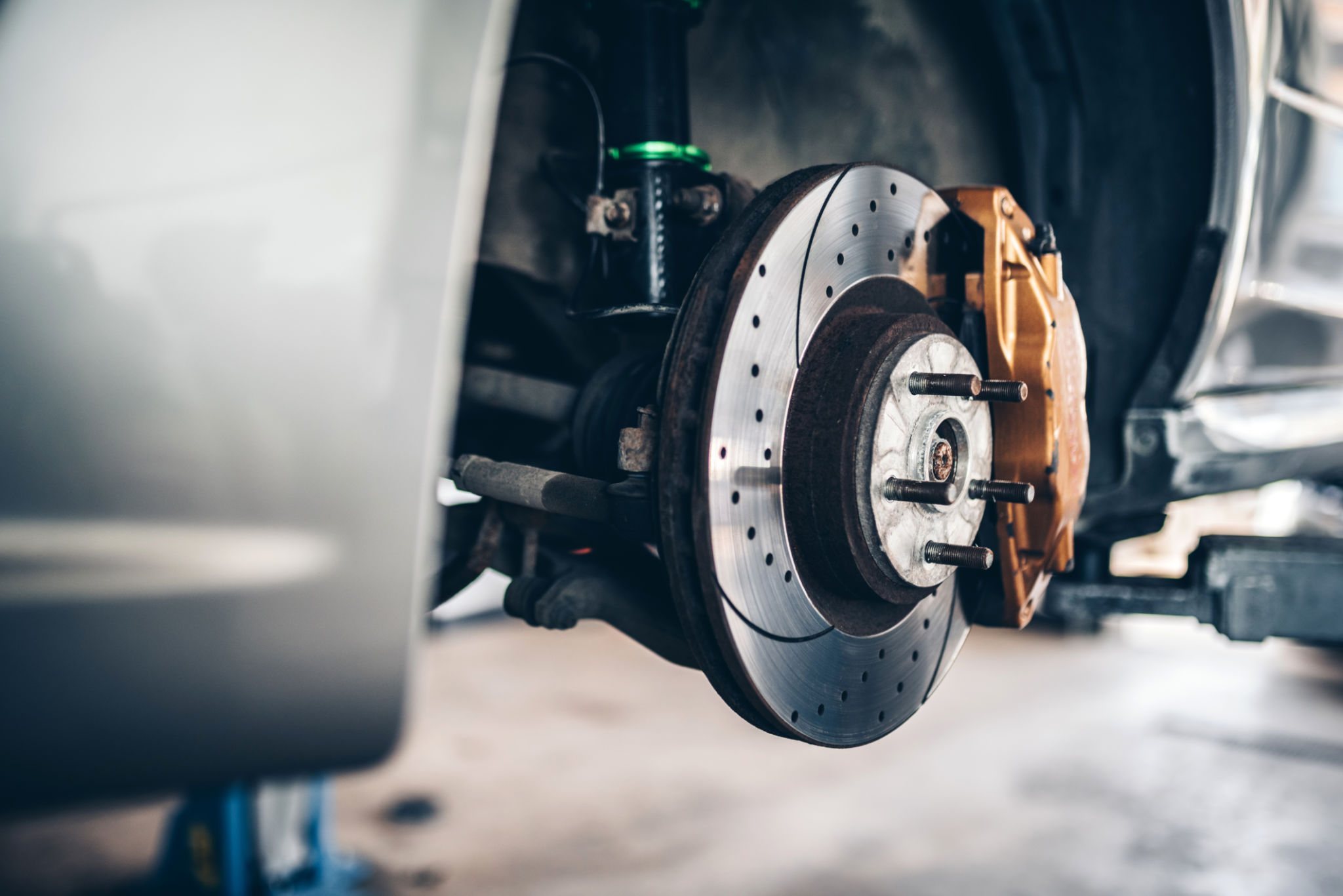DIY Tips for Identifying Brake Problems Before They Escalate
Understanding the Importance of Brake Maintenance
Your vehicle's braking system is crucial for ensuring safety on the road. Regular maintenance and inspections can prevent minor issues from escalating into major problems that might compromise your safety. Identifying brake problems early not only saves you money but also ensures peace of mind when driving.
As a vehicle owner, being proactive about brake maintenance is essential. While professional inspections are important, there are several DIY tips you can follow to identify potential brake issues before they become serious.

Signs of Brake Wear and Tear
Listen for Unusual Noises
One of the first signs of brake issues is unusual noises. If you hear a high-pitched squealing sound when you apply the brakes, it might be time to check your brake pads. This noise often indicates that the brake pads are wearing down and need replacement.
Feel for Vibrations
If you experience vibrations or pulsing in the brake pedal when you apply the brakes, this could be a sign of warped rotors. Warped rotors can reduce braking efficiency and should not be ignored. It's advisable to get them checked out by a professional.

Visual Inspection Techniques
Check Brake Pad Thickness
You can visually inspect your brake pads by looking through the spaces between the wheel's spokes. The outside pad will be pressed against the rotor. If it looks less than a 1/4 inch thick, consider having them replaced soon.
Inspect for Leaks
Brake fluid leaks can significantly impair the functioning of your braking system. Check beneath your car for puddles or wet spots, especially near the wheels or under the master cylinder. A leak requires immediate attention from a professional mechanic.

Testing Brake Performance
Monitor Brake Responsiveness
Your brakes should respond instantly when you press the pedal. If you notice a delay or if the pedal feels "soft" or spongy, it could indicate air in the brake lines or an issue with the master cylinder. Both situations warrant further investigation.
Conduct a Parking Brake Test
To test your parking brake, engage it and try to move your vehicle slowly. If it holds without slipping, it’s functioning correctly. Any movement while engaged means it needs adjustment or repair.
When to Seek Professional Help
While DIY inspections are beneficial, they should not replace professional maintenance. If you notice persistent issues or if anything seems out of the ordinary, it's best to consult a trusted mechanic. Regular professional inspections will ensure that your entire braking system is in optimal condition.
By staying vigilant and performing these checks regularly, you can maintain your vehicle's braking system effectively, ensuring safety for yourself and others on the road.
